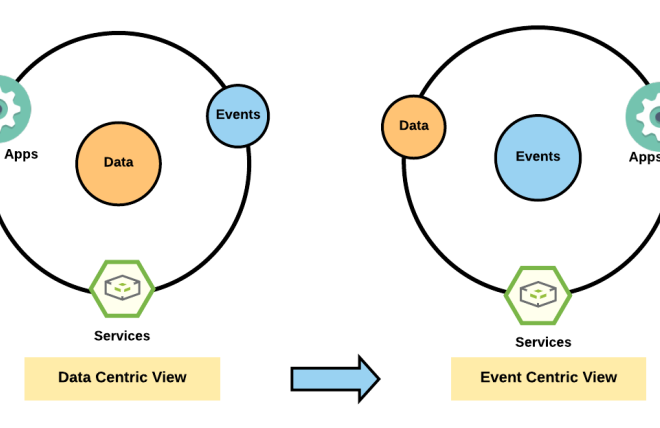Personalization in commerce refers to the practice of tailoring products, services, and experiences to meet the specific needs, preferences, and interests of individual customers. By leveraging customer data and advanced technologies, businesses can create highly personalized and targeted marketing campaigns, product recommendations, and customer experiences. Personalization in commerce can be implemented through various means, including:
1. Product Recommendations: Analyzing customer data, purchase history, and browsing behavior to suggest relevant products or services based on individual preferences.
2. Customization Options: Allowing customers to personalize products by choosing specific features, colors, sizes, or adding custom engravings or monograms.
3. Targeted Marketing: Sending personalized offers, promotions, and advertisements based on customer demographics, interests, and past interactions with the brand.
4. Dynamic Pricing: Adjusting product prices in real-time based on customer data, demand, and factors like purchase history, location, or time of purchase.
5. Personalized Email Marketing: Sending customized email campaigns that address specific customer interests, preferences, or shopping behaviors.
6. Customer Loyalty Programs: Rewarding customers with personalized offers, exclusive discounts, or special perks based on their loyalty and past purchases.
7. Personalized Customer Service: Offering tailored customer support, recommendations, and assistance through chatbots, live chat, or dedicated account managers.
By implementing personalization strategies, businesses can enhance customer satisfaction, engagement, and loyalty, ultimately driving sales and revenue growth. However, it's crucial to respect customer privacy and obtain consent when collecting and utilizing personal data to ensure compliance with applicable data protection regulations.




